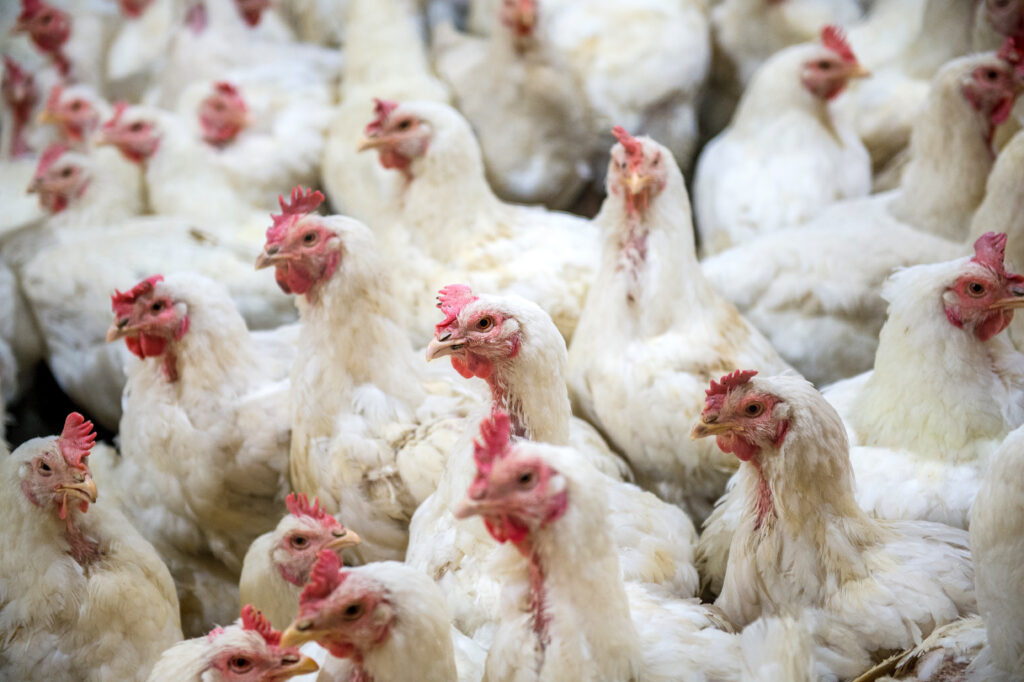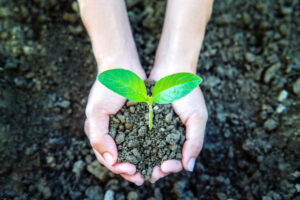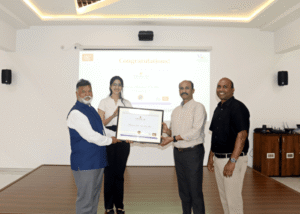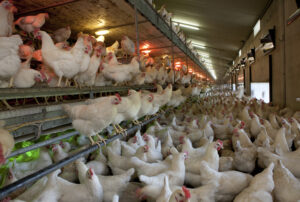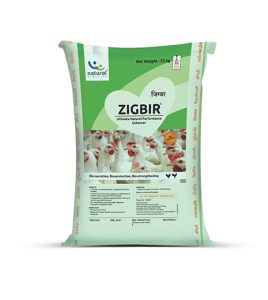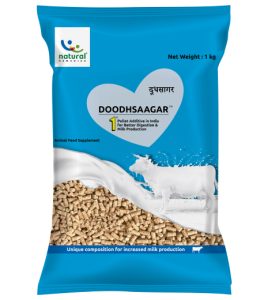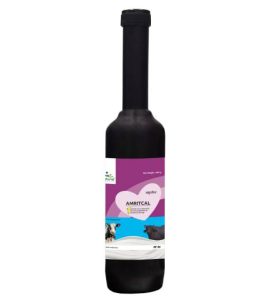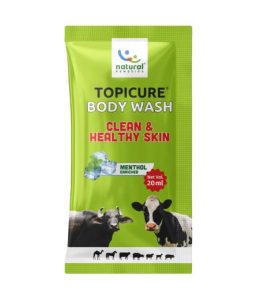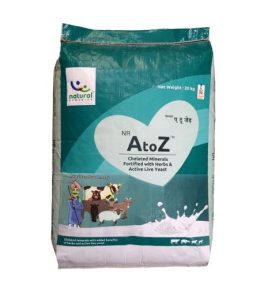Choline chloride is one of the most widely used feed additives for livestock and poultry because of its essential role as a nutrient. However, its hygroscopic nature has a strong tendency to absorb moisture from the atmosphere, which can rapidly affect physical characteristics and stability in feed blends. Choline chloride typically appears as a white or brown crystalline powder that readily absorbs water, especially in humid conditions or when improperly stored.
Effects on Feed Quality
The moisture absorption by choline chloride can result in the lumping and caking of feed premixes, reducing flowability and complicating both transport and mixing operations. In granular blends or pelleted forms, high humidity conditions can lead to aggregation or softening of particles, making it difficult for farmers and feed manufacturers to maintain uniformity and dosing precision. Unprotected choline chloride can take up moisture under humid conditions, resulting in texture alterations and diminished effectiveness.
Impact on Nutrient Stability
Beyond physical changes, hygroscopic choline chloride also impacts nutrient stability. The absorbed moisture can accelerate degradation or interaction with other feed components, most notably vitamins such as A, E, and K3. When choline chloride is present in vitamin premixes, research shows a loss of vitamin activity depending on the vitamin type and environmental conditions. This leads to reduced nutritional value for animals and impacts the cost-effectiveness of supplementation efforts, often requiring over-formulation or shorter storage times.
Practical Implications
The hygroscopic effect of choline chloride mandates careful consideration during formulation and throughout the supply chain. Risks include diminished nutrient content, unpredictable dosing, and the need for more frequent quality control checks. Producers and nutritionists must balance choline’s nutritional benefits with the practical realities of its chemical behaviour, utilizing best practices in storage, handling, and formulation to minimize adverse effects.
Choline chloride’s hygroscopic properties present real-world challenges for animal feed production and storage, impacting both feed quality and vitamin stability.
Kolin Plus, a greener alternative to choline chloride, serves as an effective choline supplement for animals. Its non-hygroscopic nature ensures stability, while it blends seamlessly with vitamins and premixes. Kolin Plus contributes to lowering the carbon footprint—and has already helped save over 1.8 billion units of carbon footprints to date.












